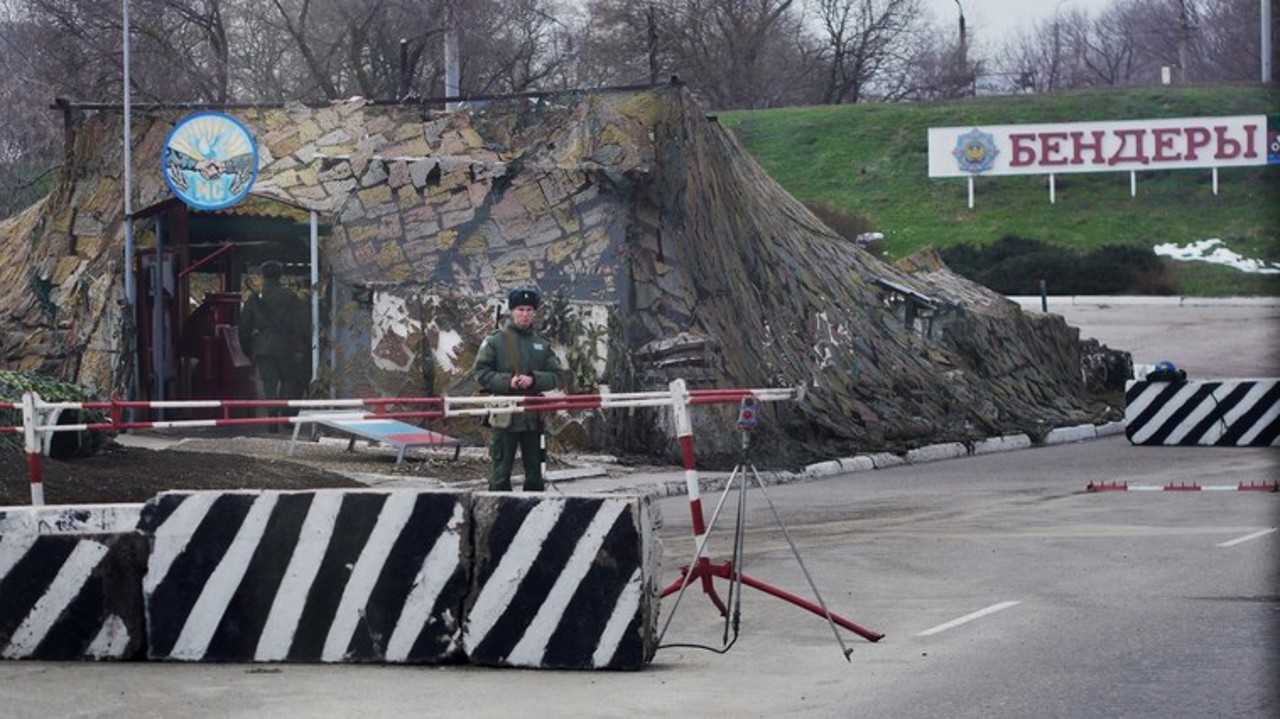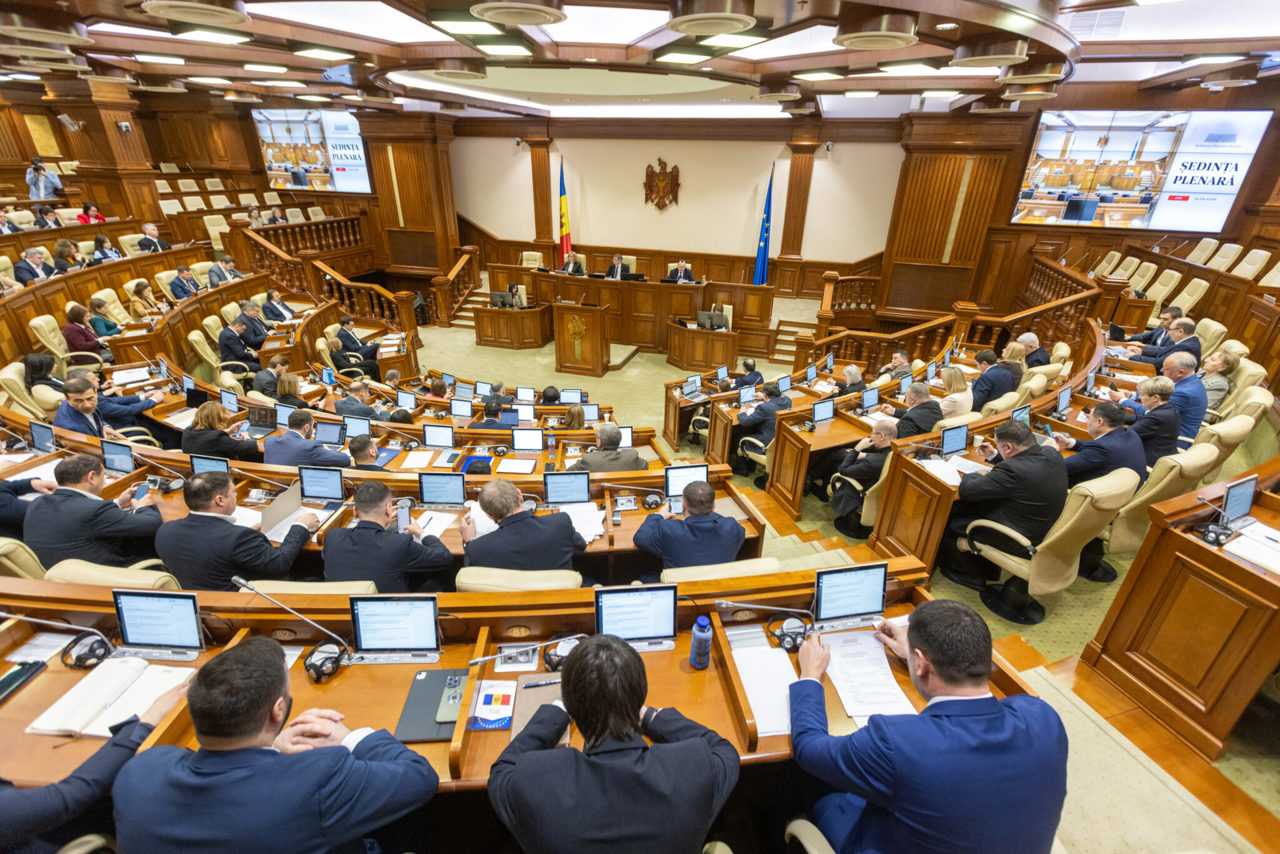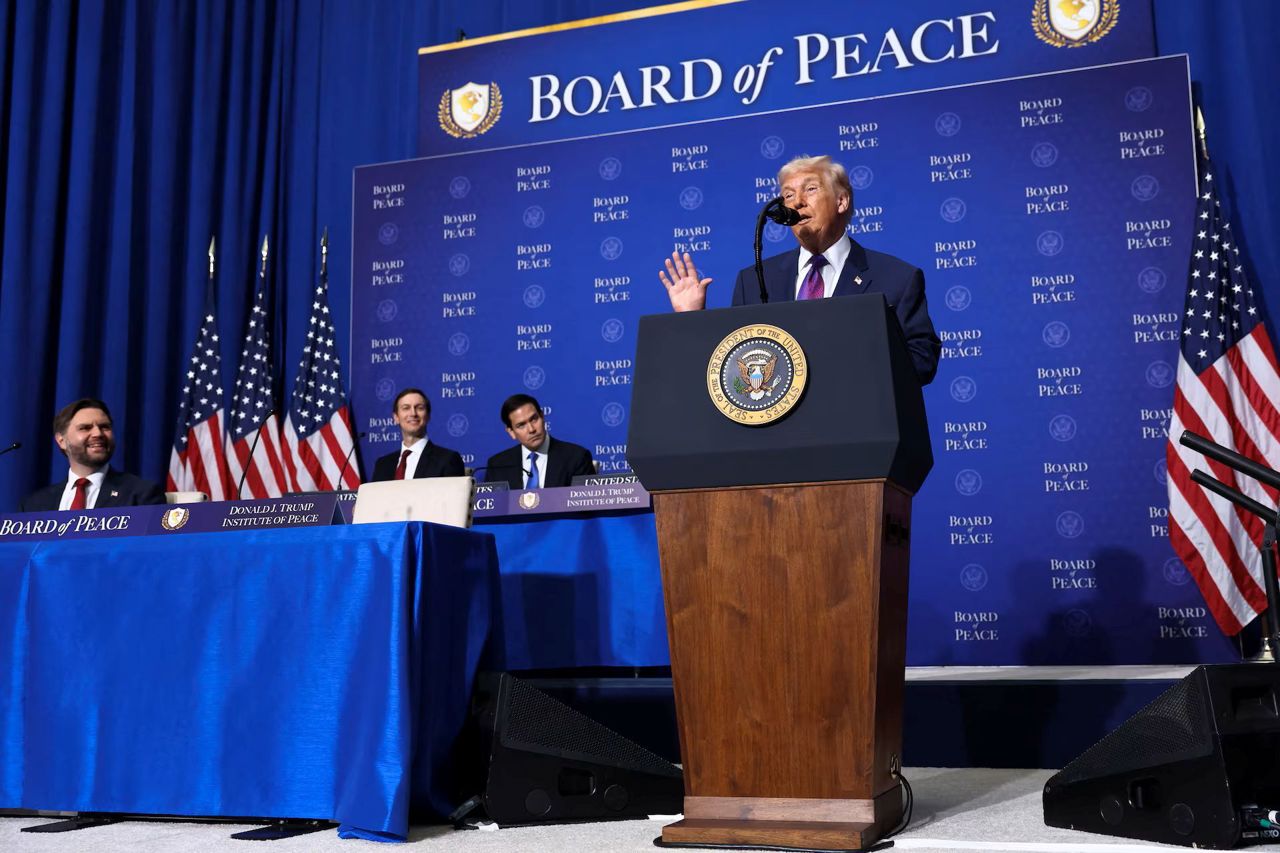Evolution of relations between Chisinau and Tiraspol: From political deadlock to limited technical dialogue
Relations between Chisinau and Tiraspol have been marked by stagnation and constant tension over the past decades, with periodic attempts to resume negotiations to resolve the Transnistrian conflict. Despite the international framework established by the 5+2 negotiation format, real progress has been limited and political dialogue has been absent in recent years.

The 5+2 negotiation format, which included the parties directly involved (the Republic of Moldova and the Transnistrian region), Russia, Ukraine, the OSCE, the USA, and the EU, was suspended with the outbreak of the war in Ukraine. Ukraine and Russia, two of the main actors, could no longer participate actively due to the armed conflict, which blocked this negotiation mechanism. The suspension of the format highlighted the fragility of the regulatory process and its dependence on the geopolitical context.
In 2023, Chisinau and Tiraspol resumed talks in the 1+1 format, which exclusively involves the chief negotiators of the two sides. This format was used to address specific issues, such as free movement, the rights of farmers in the Dubăsari district, and the operation of Romanian-language schools in the Transnistrian region. However, experts say these meetings remained strictly technical and failed to advance political issues essential to the settlement of the conflict.
The former deputy prime minister for reintegration, Alexandru Flenchea, stated that, although there is a certain level of technical dialogue, it is insufficient for real reintegration. "We are talking about a political dialogue that has been absent for several years, in fact, more than a decade. Negotiations at the level of working groups and other bilateral contacts are almost at a standstill," said Flenchea. He believes the lack of a substantial political dialogue is one of the main barriers to solving the conflict.
A positive aspect mentioned by Flenchea is the existence of communication lines between Chisinau and Tiraspol, which allow crisis situations to be managed. For example, these communication channels were used to prevent tensions from escalating at critical times. However, these efforts are seen as insufficient in the absence of a broader political dialogue. "It is insufficient if we want the reunification of our country," added Flenchea.
The lack of a clear strategy for resuming political negotiations, combined with regional tensions, means that the settlement process remains at a standstill. The technical issues addressed in the 1+1 format are important to the population on both banks of the Nistru, but they do not provide solutions to fundamental aspects of the conflict, such as the status of the Transnistrian region or national security.
Although the involvement of international actors, such as the OSCE, the USA and the EU, remains important, the lack of favourable political conditions makes the resumption of the 5+2 format unlikely shortly. Any significant progress in the regulatory process will depend on changes in the geopolitical context and the political will of both parties.
We remind you that on Tuesday, November 18, at the headquarters of the OSCE Mission to the Republic of Moldova in the city of Bender, there will be a working meeting of political representatives in the process of negotiations for the Transnistrian settlement, from Chisinau, Oleg Serebrian and from Tiraspol, Vitaliy Ignatiev and will be attended by delegates of the participants of the "5+2" negotiation format.
The last meeting in the 1+1 format took place on May 17, according to the Reintegration Policy Office.





